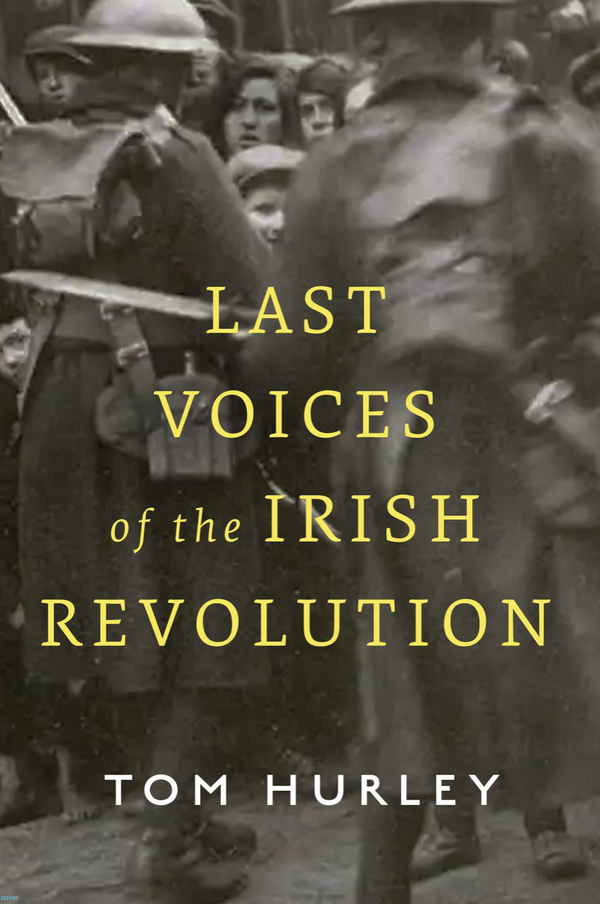
Last Voices of the Irish Revolution
The Irish Civil War ended in 1923. Eighty years on, author and documentary-maker Tom Hurley wondered if there were many civilians and combatants left from across Ireland who had experienced the years 1919 to 1923, their prelude and their aftermath. What memories had they, what were their stories and how did they reflect on those turbulent times?
In early 2003, he recorded the experiences of 18 people in Ireland, conducting two further interviews in the United States in 2004. Tom spoke to a cross-section (Catholic, Protestant, Unionist and Nationalist) who were in their teens or early twenties during the Irish civil war. The chronological approach he has taken to his book spans fifty years, beginning with the oldest interviewee’s birth in 1899 and ending when the Republic of Ireland came into existence in 1949.
One of those Tom spoke to in the United States in 2004 was Margaret Power née Cahill aged 98 who was born in Kerry, Ireland in 1905. She was residing in Clark, New Jersey having emigrated to the United States in 1926. During the Irish revolutionary years of 1919-23, Margaret had been a member of Cumann na mBan (the women’s section of the Irish Republican Army) which was fighting a war against the British for Irish independence.
Upon her arrival in the USA, Margaret trained as a nurse in Boston. In 1933, she married a man from Ireland named John Power, whom she met in that city, and they moved to New Jersey. The couple had a son and a daughter, living for periods in Carteret and Woodbridge before eventually settling in Clark in 1961. Margaret was a licensed practical nurse at St. Elizabeth Hospital in Elizabeth, Rahway, and in JFK Medical Center, Edison, for 40 years before retiring. A deeply religious woman, she was also a member of the American Irish Association, Woodbridge, where she served as historian. Margaret died on 17 December 2005.
The topics she discusses in the book include her early life in Ireland, her sister’s marriage in 1916, joining Cumann na mBan (women’s section of the Irish Republican Army) in 1920, fighting the British forces in Ireland, her brother Mick being shot, being arrested and her emigration to America in 1926.
100 years after the Civil War ended, these 20 interviews recorded by Tom Hurley in Ireland and the United States come together to create a unique oral account of the revolutionary period and the tensions that were brewing in the run-up and aftermath. Together, theirs are the Last Voices of the Irish Revolution.
Last Voices of the Irish Revolution by Tom Hurley is available in bookshops throughout Ireland and can also be ordered online via their websites. It is also available in book shops in the United States and via their websites.

